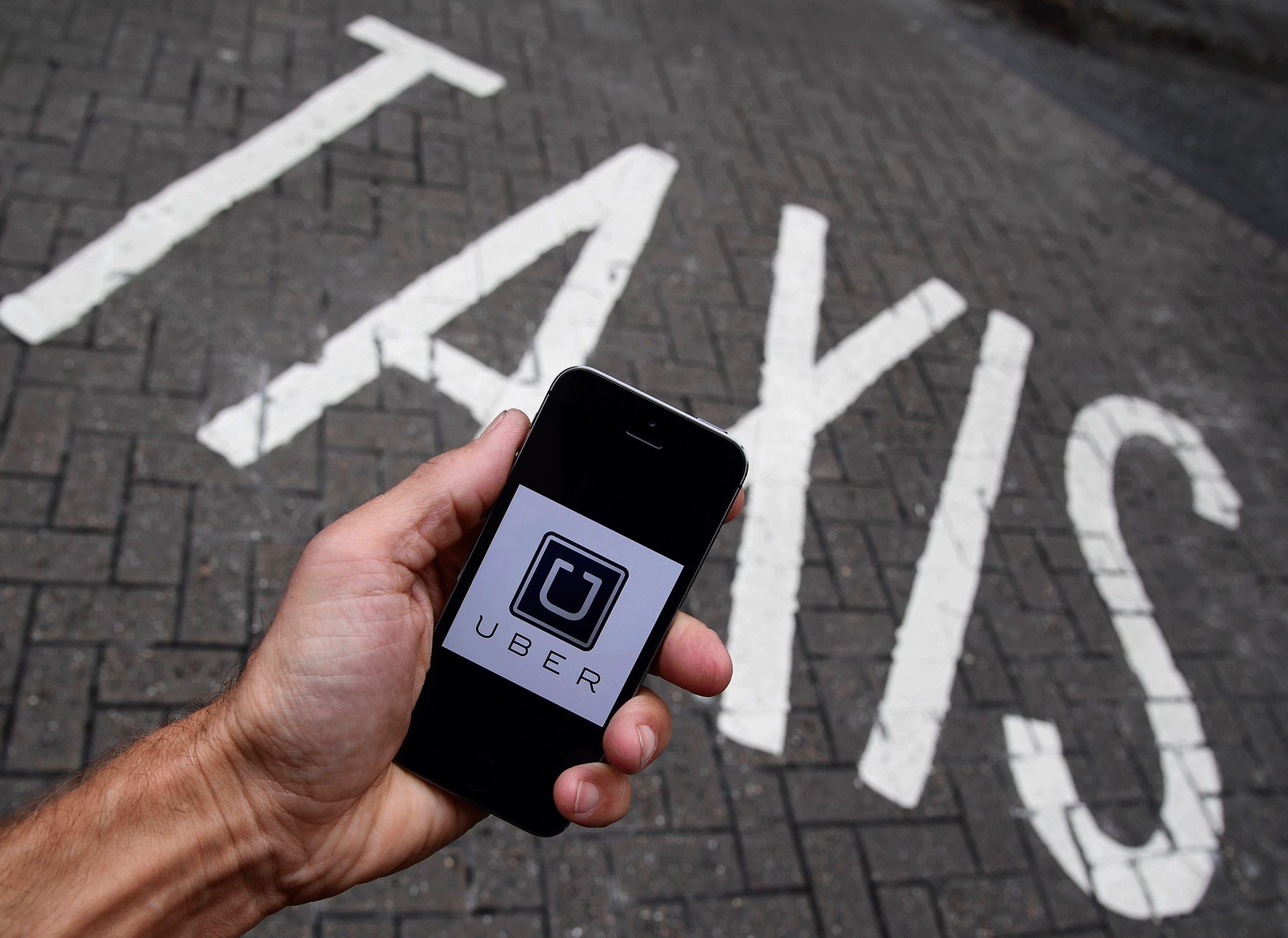Uber’s latest legal hit sends a message to the global sharing economy
The company will pay the US Federal Trade Commission $20m that should end up in drivers’ pockets, as the backlash against the global gig economy continues

Your support helps us to tell the story
From reproductive rights to climate change to Big Tech, The Independent is on the ground when the story is developing. Whether it's investigating the financials of Elon Musk's pro-Trump PAC or producing our latest documentary, 'The A Word', which shines a light on the American women fighting for reproductive rights, we know how important it is to parse out the facts from the messaging.
At such a critical moment in US history, we need reporters on the ground. Your donation allows us to keep sending journalists to speak to both sides of the story.
The Independent is trusted by Americans across the entire political spectrum. And unlike many other quality news outlets, we choose not to lock Americans out of our reporting and analysis with paywalls. We believe quality journalism should be available to everyone, paid for by those who can afford it.
Your support makes all the difference.So successful has Uber been that the brand is becoming a noun, even a verb. No longer do people get a taxi. They get an Uber. Or they Uber it to the airport.
The company has inveigled its way into popular culture with staggering speed. It appears in hip hop songs, in films, in TV programmes. Just as with its cars, Uber is everywhere.
Its $20m (£16m) legal settlement with America’s Federal Trade Commission is a reminder that there is a dark side to the cultural phenomenon it has become.
Uber has risen on the back of its convenience, facilitated by its superlative app and the technology that powers it, but also by its undercutting of more traditional taxi firms. In part that means those at the sharp end of the industry, the drivers, make less money. Sometimes to the extent that they end up working crazy hours just to make ends meet.
The impact this has on Uber drivers, and their families, is not discussed as often as it should be.
The settlement in question helps to redress the balance. A bit. It came after the FTC alleged that most Uber drivers were earning far less in 18 major US cities than Uber had claimed online as it sought to keep its nose out in front of rival Lyft by recruiting more drivers.
While the company argued that Uber drivers in New York could make more than $90,000 with the figure of $74,000 in San Francisco, real earnings according to the FTC were more like $61,000 and $53,000. That isn’t much in either City when one factors in fuel costs, vehicle maintenance, insurance, and so on.
The FTC also said the company’s “Vehicle Solutions” programme gave inaccurate prices for leasing or owning vehicles.
Happily, the FTC says most of the money will end up in the pockets of Uber drivers. For its part, Uber says it has “improved the driver experience” (whatever that means) since the period in question. So all’s well?
Up to a point. There does seem to be a steady stream of these cases arising around the world. Just last year in this country an employment tribunal ruled that Uber drivers were entitled to the minimum wage (which some weren’t making), and holiday pay, because they were not really self employed. Its judgement was scathing.
Uber, has long argued that it is just a technology platform, used by self employed drivers. That argument has been fraying, as demonstrated by the cases I’ve discussed, and others. Those cases have also pushed back against the global gig economy that sees supposedly “self employed” individuals working largely for one organisation that sets the terms and conditions but that seeks to evade the costs and responsibility of hiring employees.
However, while they push against a powerful tide, they haven’t reversed it. More and tougher regulation is necessary to do that and to protect people forced to rely upon “gigs” like driving for Uber.
That, ultimately, may mean some of us have to pay a little more for certain services, such as an Uber ride, or perhaps for our deliveries, another sector where problems have emerged.
There are those who grouse about this, while various free market think tanks will rail against “red tape” increasing costs for the consumer.
But most people don’t mind so much when the implications are made clear to them. The increased price they will pay for ensuring their drivers are fairly compensated is relatively small, and concepts of fairness, and morality, and doing right by other people are things that most people readily buy into. At least I hope they do.
Join our commenting forum
Join thought-provoking conversations, follow other Independent readers and see their replies
Comments